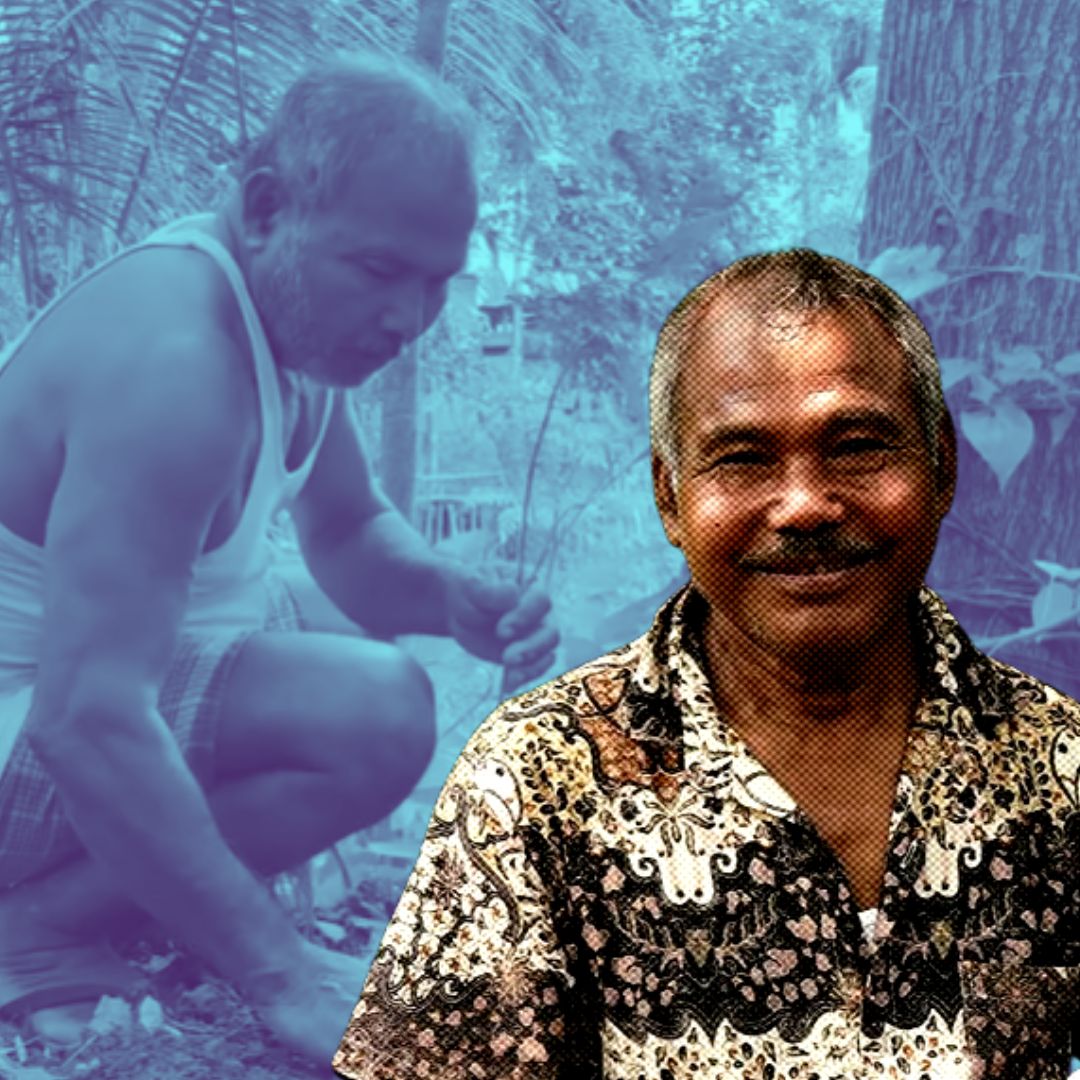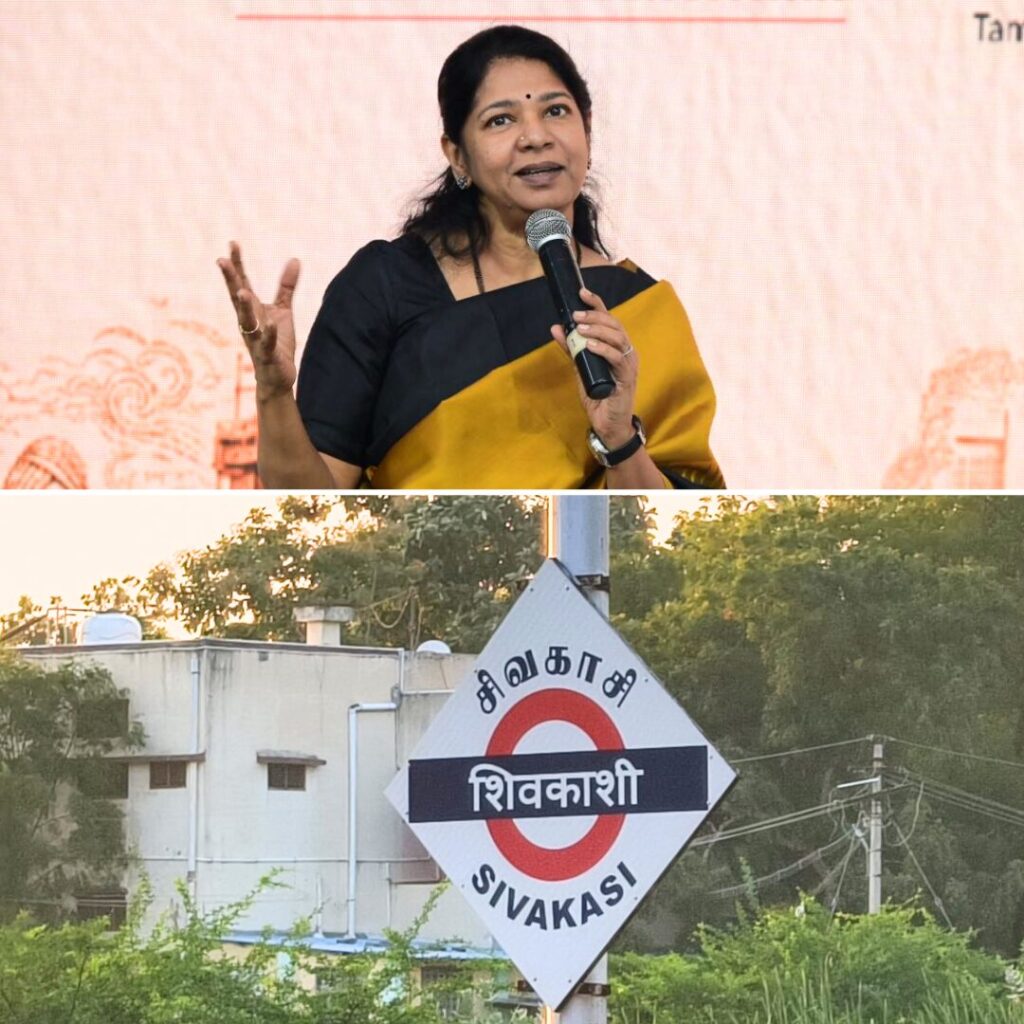Jadav Payeng, affectionately known as the “Forest Man of India,” stands as a beacon of hope and resilience in the fight against climate change. His remarkable journey began in 1979 when, at just 16 years old, he was profoundly affected by the sight of snakes dying on a barren sandbar due to drought. This heart-wrenching experience ignited his passion for environmental restoration, leading him to transform 1,390 acres of desolate land into the thriving Molai Forest.
A Visionary Act of Reforestation
In April 1979, Payeng embarked on his mission by planting trees on the barren sandbar of the Brahmaputra River. Over the next four decades, his relentless dedication resulted in a lush forest that is now home to diverse wildlife, including Bengal tigers, Indian rhinoceroses, elephants, and various bird species. The Molai Forest not only revitalized the local ecosystem but also serves as a natural carbon sink, playing a crucial role in combating climate change and promoting biodiversity.Payeng’s approach to reforestation was innovative; he used earthen pots with tiny holes to provide water to saplings over several days. This method ensured that each plant received adequate hydration while he continued to plant new trees. Today, the Molai Forest boasts thousands of trees, including species such as himolu, valcol, arjun, ejar, goldmohur, koroi, and moj. Over 300 hectares are covered in bamboo, creating a habitat that supports over 120 species of birds and numerous mammals.
Recognition and Awards
Jadav Payeng’s monumental contributions have garnered significant recognition. In 2007, a turning point occurred when a photojournalist stumbled upon Payeng’s profound endeavor. The subsequent article brought attention not only to the Indian government but also to the entire nation. In 2012, he was honoured by the School of Environmental Sciences at Jawaharlal Nehru University on Earth Day (April 22) for his remarkable achievements. The Vice-Chancellor at that time, Sudhir Kumar Sopory, famously dubbed him the “Forest Man of India.”In 2015, Payeng received the Padma Shri, India’s fourth-highest civilian award, acknowledging his tireless efforts toward environmental conservation. His journey has also been documented in films such as Foresting Life and Forest Man, which celebrate his life’s work and inspire countless individuals worldwide.
An Inspiration for Pro-Planet People
Jadav Payeng embodies the spirit of “Pro Planet People,” individuals who prioritise ecological sustainability and inspire others to take action. He believes that individual actions can lead to monumental changes. His philosophy emphasises education; he encourages young people to connect with nature and understand their vital role in preserving it.His story resonates with many who seek to make a difference in their communities. By demonstrating that one person’s passion and perseverance can yield significant ecological restoration, Payeng inspires others to take action—whether through tree planting or broader environmental initiatives.
A Legacy of Hope
Today, Jadav Payeng continues to nurture the Molai Forest while living with his family nearby. His commitment remains unwavering as he travels daily to tend to the trees he planted decades ago. As he reflects on his journey, he urges everyone to follow suit: “If you want to make a difference, start planting trees.”The Molai Forest stands not only as a testament to Payeng’s dedication but also as a beacon of hope for future generations. It invites visitors from around the globe to witness the beauty of nature restored through love and effort.In an era where climate change poses an existential threat, Jadav Payeng’s life serves as a powerful reminder that we all have a role to play in nurturing our planet. Through his example, we are encouraged to take action—planting trees, protecting habitats, and fostering a sustainable future for all.
Additional Context
Jadav Payeng’s legacy is further enriched by historical context; after an initial reforestation project by the social forestry division was abandoned in 1983 after planting just 200 hectares (500 acres), it was Payeng who took it upon himself to nurture this land into what is now known as Molai Forest. His innovative methods included building bamboo platforms with earthen pots to gradually water saplings over time—a solution born out of necessity given his solitary efforts.The forest today not only serves as a habitat for numerous species but also plays a vital role in regulating water cycles and supporting biodiversity on Majuli Island. This area has historically faced threats from flooding and erosion due to its geographical location along the Brahmaputra River.Moreover, documentaries about Payeng’s life have brought international attention to his work, inspiring educational initiatives worldwide. His story has been incorporated into school curricula across various countries as an example of how individual actions can lead to significant environmental benefits.As Jadav Payeng continues his mission—now aiming to reforest another sandbar—his belief that “the trees talk to him” resonates deeply with those who understand the interconnectedness of life on Earth. His life’s work stands as a testament that one person can indeed make a monumental difference in restoring ecological balance and inspiring others along the way.
The Logical Indian’s Perspective
At The Logical Indian, we believe that stories like Jadav Payeng’s exemplify the power of individual action in creating positive social change. His unwavering commitment to restoring nature reflects our values of empathy and coexistence with all living beings. In an increasingly fragmented world, Payeng’s journey reminds us that kindness towards our environment fosters harmony within our communities. How can we collectively harness our efforts to contribute positively towards our planet? We invite you to share your thoughts and experiences in the comments below!












